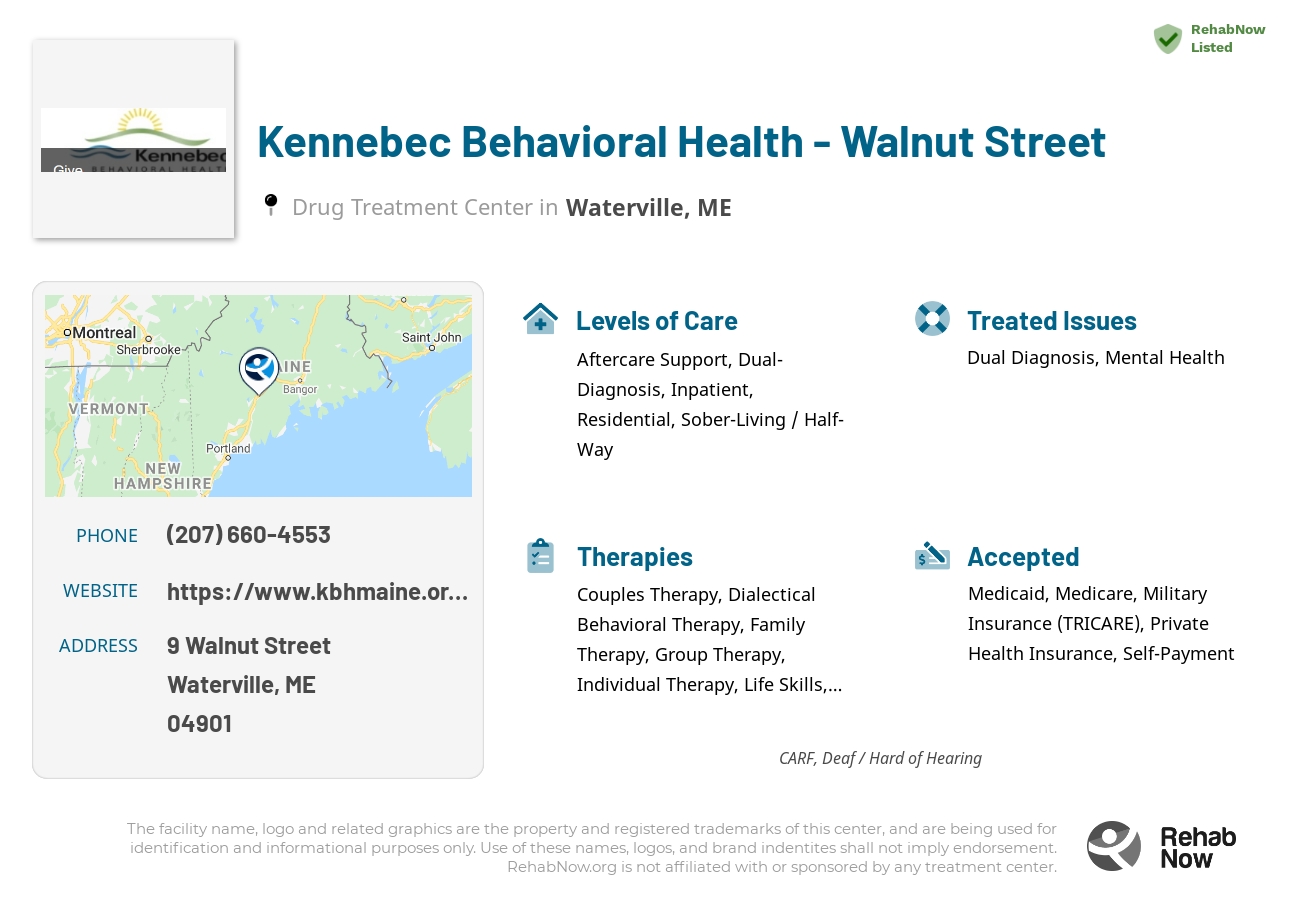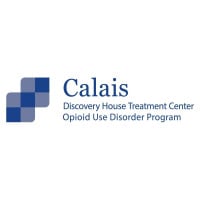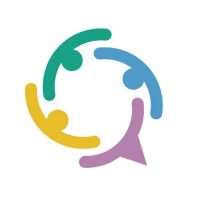Kennebec Behavioral Health - Walnut Street
Drug Rehab Center in Waterville, Maine
Kennebec Behavioral Health - Walnut Street in Waterville, Maine is an addiction treatment facility offering various levels of care, including dual diagnosis treatment, medical detox, inpatient and outpatient programs, and sober-living support, for individuals with addiction, substance abuse, and mental health issues.
About Kennebec Behavioral Health - Walnut Street in Maine
Kennebec Behavioral Health - Walnut Street in Waterville, Maine, stands out for its comprehensive approach to treating individuals with mental illness needing intensive support. This facility is not just about addressing substance use disorders; it's about fostering well-being in every aspect of life for people of all ages. Their unique blend of community-based services and residential support sets them apart.
- Provides a rental subsidy and necessary skills development for successful community living.
- Offers 24/7 residential supported services, including medication assistance and targeted skills development.
- Access to staff support and a wide range of addiction and substance abuse treatment services, including a Dual Diagnosis Treatment Program.
Kennebec Behavioral Health - Walnut Street is fully accredited by CARF, ensuring they meet the highest standards of quality and safety in addiction treatment. Their commitment to offering a broad spectrum of services, from medical detox to sober living programs, reflects their dedication to the well-being of their community.
The facility addresses a wide array of issues, including Dual Diagnosis, Mental Health, Alcoholism, Drug Addiction, Opioid Addiction, and Substance Abuse. With a variety of treatment methods and levels of care, such as Aftercare Support, Inpatient, Residential, Sober-Living / Half-Way, and Outpatient Levels of Care, they are equipped to meet the diverse needs of their clients.
Genders
Ages
Modality
Additional
Accreditations

CARF
The Commission on Accreditation of Rehabilitation Facilities (CARF) is a non-profit organization that specifically accredits rehab organizations. Founded in 1966, CARF's, mission is to help service providers like rehab facilities maintain high standards of care.
Conditions and Issues Treated
Individuals who are addicted to drugs and/or alcohol often have one or more co-occurring mental health disorders. Addressing both the addiction and the mental health problems at facilities like Kennebec Behavioral Health - Walnut Street can be very beneficial for these individuals.
Common mental health conditions that often co-occur with addiction include:
- Anxiety Disorders – People with drug and alcohol problems often suffer from anxiety disorders such as panic disorder, obsessive-compulsive disorder, social anxiety disorder, and generalized anxiety disorder.
- Depression – One of the most common mental illnesses co-occurring with addiction is major depressive disorder.
- Attention-deficit hyperactivity disorder (ADHD) – Many people with drug and alcohol problems also suffer from ADHD.
- Bipolar Disorder – People with bipolar disorder are more likely to suffer from drug and alcohol problems than the general population, and vice versa.
Levels of Care Offered
This center offers a variety of custom treatment tailored to individual recovery. Currently available are Aftercare Support, Dual-Diagnosis, Inpatient, Residential, Sober-Living / Half-Way, with additional therapies available as listed below.
Inpatient recovery offers individual therapy, groups, and family therapy. The length of inpatient addiction treatment depends on the addict and their addiction. Inpatient rehab is a costly drug treatment, costing anywhere from $30k- to $60k. However, insurance often offers help in covering these costs.
Sober living homes are transitional houses for recovering addicts who need more structure than they would receive in an aftercare program. Specific rules and regulations are enforced in these homes, which are beneficial for people who need a greater degree of structure than other types of treatment.
Sober living home options include:
- Live-in managers – might be beneficial to people who do not have a support system in place at home, or who experience high levels of stress between work and home life.
- House managers – House managers are beneficial for people who do not have a strong social network to rely on, or who are concerned about relapse in their daily lives.
- House parents – House parents are beneficial to people who reside in areas without a strong aftercare program for support.
Residential treatment programs are those that offer housing and meals in addition to substance abuse treatment. Rehab facilities that offer residential treatment allow patients to focus solely on recovery, in an environment totally separate from their lives. Some rehab centers specialize in short-term residential treatment (a few days to a week or two), while others solely provide treatment on a long-term basis (several weeks to months). Some offer both, and tailor treatment to the patient’s individual requirements.
Aftercare support is vital to those who have completed a drug or alcohol treatment program. This support comes in individual and family counseling, treatment of psychiatric and other medical conditions, and medications to reduce cravings. It helps recovering addicts adjust to normal day-to-day activities and can last for a year or longer.
The majority of drug and alcohol addicts who receive aftercare treatment do not relapse. It is estimated that without aftercare, the relapse rate will be between 70 to 90 percent for most people. Aftercare is the final stage in addiction recovery, but it will also help maintain sobriety if relapse does occur.
Therapies & Programs
Individual therapy is ideal for addicts who want to focus on themselves. It can also be helpful for those whose withdrawal symptoms are exacerbated by the presence of other people.
Benefits of individual therapy are:
- Access to a personalized treatment plan that focuses on the individual needs of the addict
- More privacy during treatment sessions
- Better personal development through introspection
- Increased self-awareness regarding addictive tendencies in order to avoid relapse
- Greater potential for a long-term recovery plan
- Receiving professional advice and detox assistance from medical staff
Couples therapy is a treatment method used to help couples in which at least one member of the couple has a drug addiction. Couples therapy can be used whether the addicted partner is using drugs or in recovery. An additional benefit of couples therapy is that it can help make other types of treatment, such as 12-step programs, more effective.
Family therapy can help you and your family deal with old issues that may trigger substance abuse. The idea behind family therapy for drug addiction is that you are never fully healed from substance abuse until you’ve healed your relationship with your family, too. To get sober, you need to find a different way to cope with the pain in your life.
This is when a group of people in various stages of recovery meet up and discuss their experiences, triggers, successes, failures, and even alternative therapies! Unlike support groups where everyone already knows each other, group therapy is conducted along side outpatient or inpatient treatment at Kennebec Behavioral Health - Walnut Street.
Trauma therapy is a clinical process that helps individuals deal with mental stress often caused by traumatic events. The therapist helps the person identify, understand and work through the problem. This is done with the help of talking about it in group or one-on-one counseling sessions.
Therapists use relaxation, role-playing, art, and music to help the person open up about what is bothering them. Some examples include:
- Talking about the traumatic event and how it affected them.
- Helping those who have PTSD to deal with their nightmares and recurring memories.
- Working with individuals to resolve the issues triggering the stress, whether seeing someone who reminds them of what happened or feeling helpless.
The individual is also encouraged to help others that are struggling with similar problems. This often helps them feel empowered and gives them hope.
Trauma therapy is not for everyone; it is usually reserved for people who have recently experienced a traumatic event and struggle to get over it. It is generally done for children, teenage victims of sexual assault, and war veterans.
Dialectical Behavior Therapy (DBT) is used by drug treatment centers across the United States to help drug addicts become sober. DBT is a type of Cognitive Behavioral Therapy (CBT) that combines traditional behavioral treatments with elements from DBT, including dialectics, distress tolerance, and interlocking issues. Some of the negative behaviors associated with addiction, such as impulsivity and mood swings, are addressed in DBT, while others like craving and isolation are not. It is commonly used to treat Borderline Personality Disorder (BPD) along with substance abuse disorders.
The four DBT modules are mindfulness, interpersonal effectiveness, emotion regulation, and distress tolerance:
- Mindfulness helps recovering addicts learn to identify and experience their emotions while realizing that they are not permanent.
- Interpersonal Effectiveness includes assertiveness, asking for what you need, and saying no while improving communication skills.
- Distress Tolerance has recovering addicts learn how to tolerate distress at the moment and avoid resorting to substance abuse.
- Emotion Regulation is used to identify, express and change emotions.
CBT is a psychotherapy approach and method. [ws-nap-name] people to examine how their thoughts, including habitual harmful and inaccurate thinking, affect their actions. CBT is based on the idea that rigid, inflexible thinking leads to poor stress management, which leads to emotional distress.
Similarly, CBT helps people identify and change negative behaviors. It makes you question your perceptions and ask if they are realistic. CBT asks people to examine their behaviors and emotional responses and how they affect their lives. CBT aims to change people’s thinking and behavior to lead a more balanced and healthy life.
Moreover, CBT has been shown to reduce anxiety disorders, depression, and symptoms associated with harmful thoughts or actions.
Those struggling with addiction can benefit from learning certain life skills. It is not as simple as quitting drinking or taking drugs and thinking that the hard part is over. Being sober means living a whole new way of life. Many recovering addicts have found that they need to develop talents like time management, organization, communication skills, socialization skills, and self-esteem to make their life in sobriety work, Kennebec Behavioral Health - Walnut Street is here to help with that.
Payment Options Accepted
For specific insurance or payment methods please contact us.
Is your insurance accepted?
Ask an expert, call (888) 674-0062
Kennebec Behavioral Health Associated Centers
Discover treatment facilities under the same provider.
- Kennebec Behavioral Health - Skowhegan in Skowhegan, ME
- Kennebec Behavioral Health - Winthrop in Winthrop, ME
- Kennebec Behavioral Health - Farmington in Farmington, ME
- Kennebec Behavioral Health - Valley View in Augusta, ME
- Kennebec Behavioral Health - Silver Street in Waterville, ME
Learn More About Kennebec Behavioral Health Centers
Additional Details
Specifics, location, and helpful extra information.
Waterville, Maine 4901 Phone Number(207) 660-4553 Meta DetailsUpdated April 15, 2024
Staff Verified
Kennebec Behavioral Health - Walnut Street Patient Reviews
There are no reviews yet. Be the first one to write one.
Waterville, Maine Addiction Information
Prescription opioid abuse is the most common form of substance abuse in Maine. More than 10% of these residents have also admitted to using prescription drugs for non-medical purposes. Between 2013 and 2014, 4 out of every 5 deaths in Maine were caused by illicit drugs. One in five high school students in Maine uses marijuana every single month.
Waterville is ranked in the top 20% of all cities in the country for drug abuse rates. Methamphetamines is the drug most commonly abused in Waterville, followed by prescription painkillers and marijuana. A combination of therapies and services is considered the safest and most effective way to get sober in Waterville, Maine.
Treatment in Nearby Cities
- Oxford, ME (52.5 mi.)
- New Gloucester, ME (53.1 mi.)
- Saco, ME (84.3 mi.)
- Southwest Harbor, ME (67.2 mi.)
- Hiram, ME (78.5 mi.)
Centers near Kennebec Behavioral Health - Walnut Street
The facility name, logo and brand are the property and registered trademarks of Kennebec Behavioral Health - Walnut Street, and are being used for identification and informational purposes only. Use of these names, logos and brands shall not imply endorsement. RehabNow.org is not affiliated with or sponsored by Kennebec Behavioral Health - Walnut Street.









